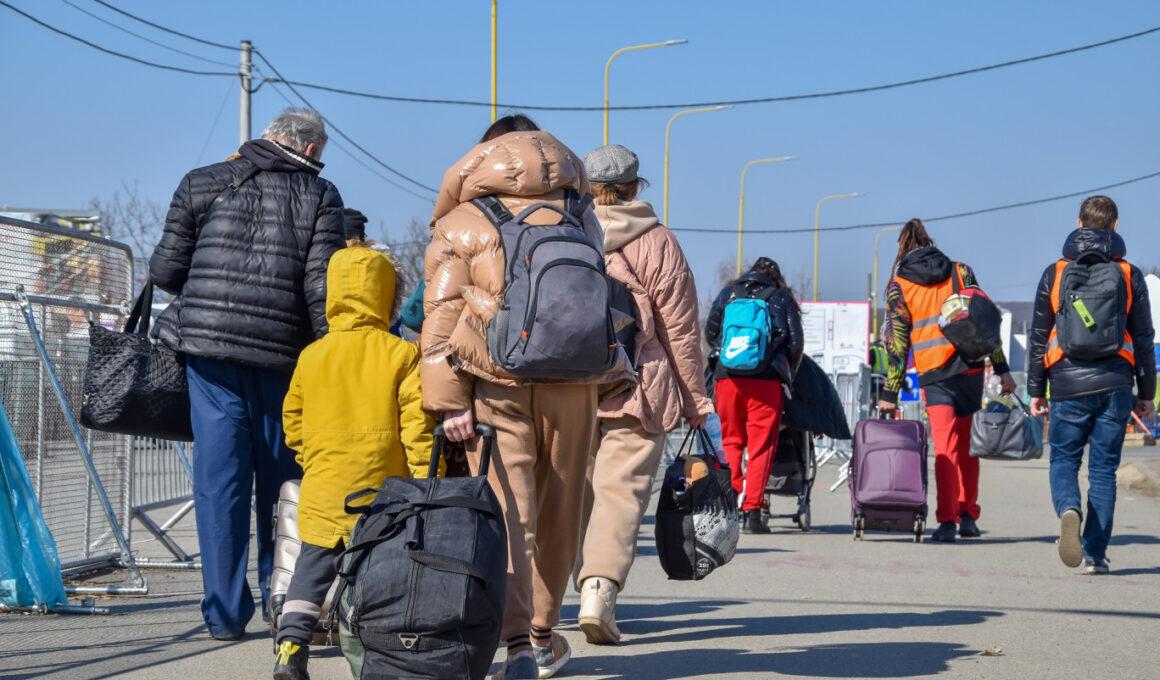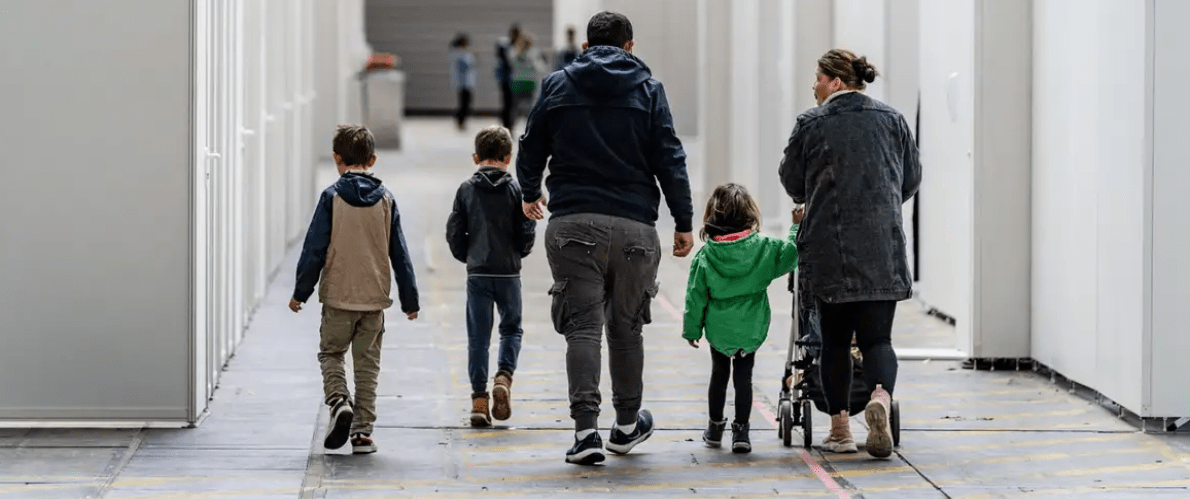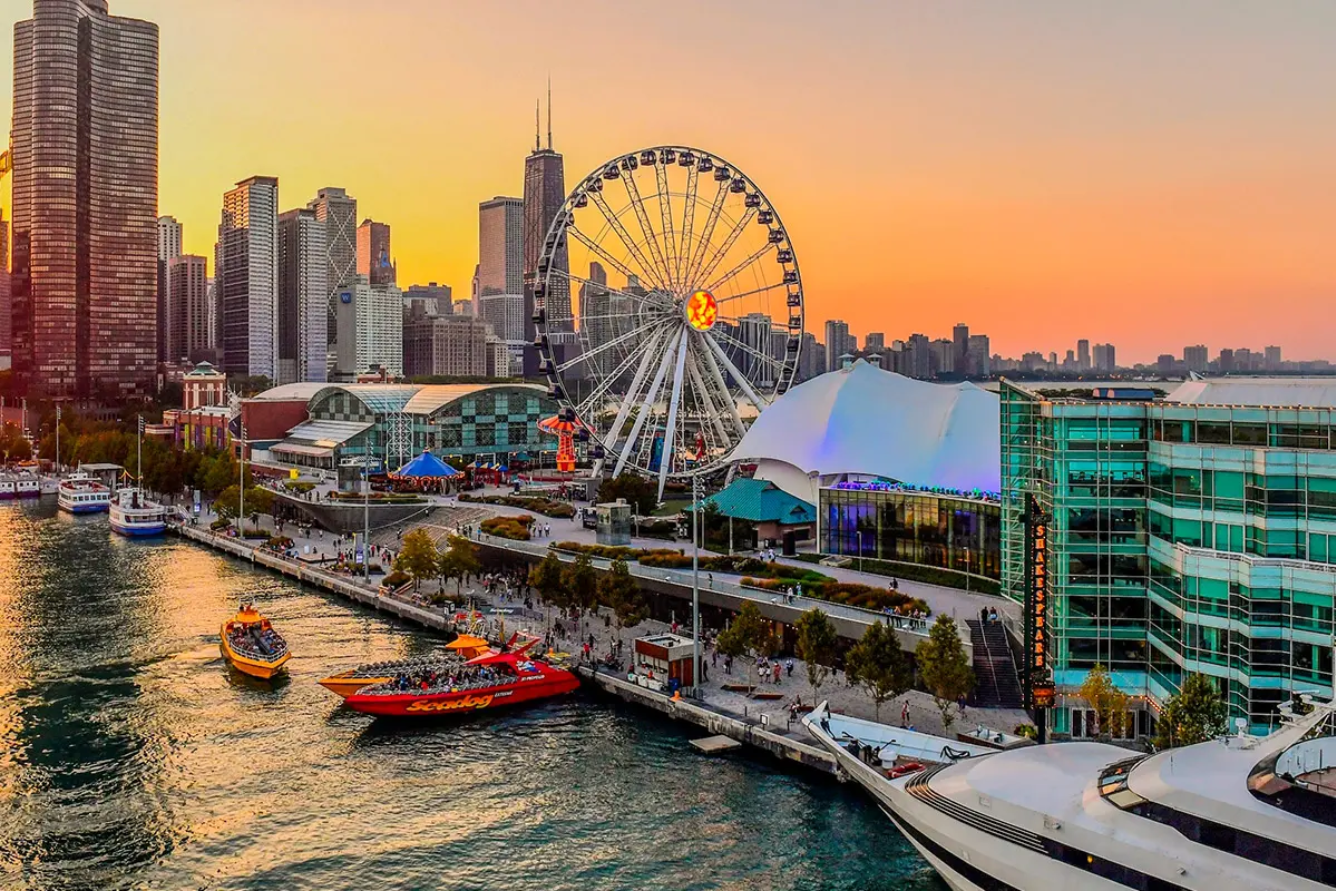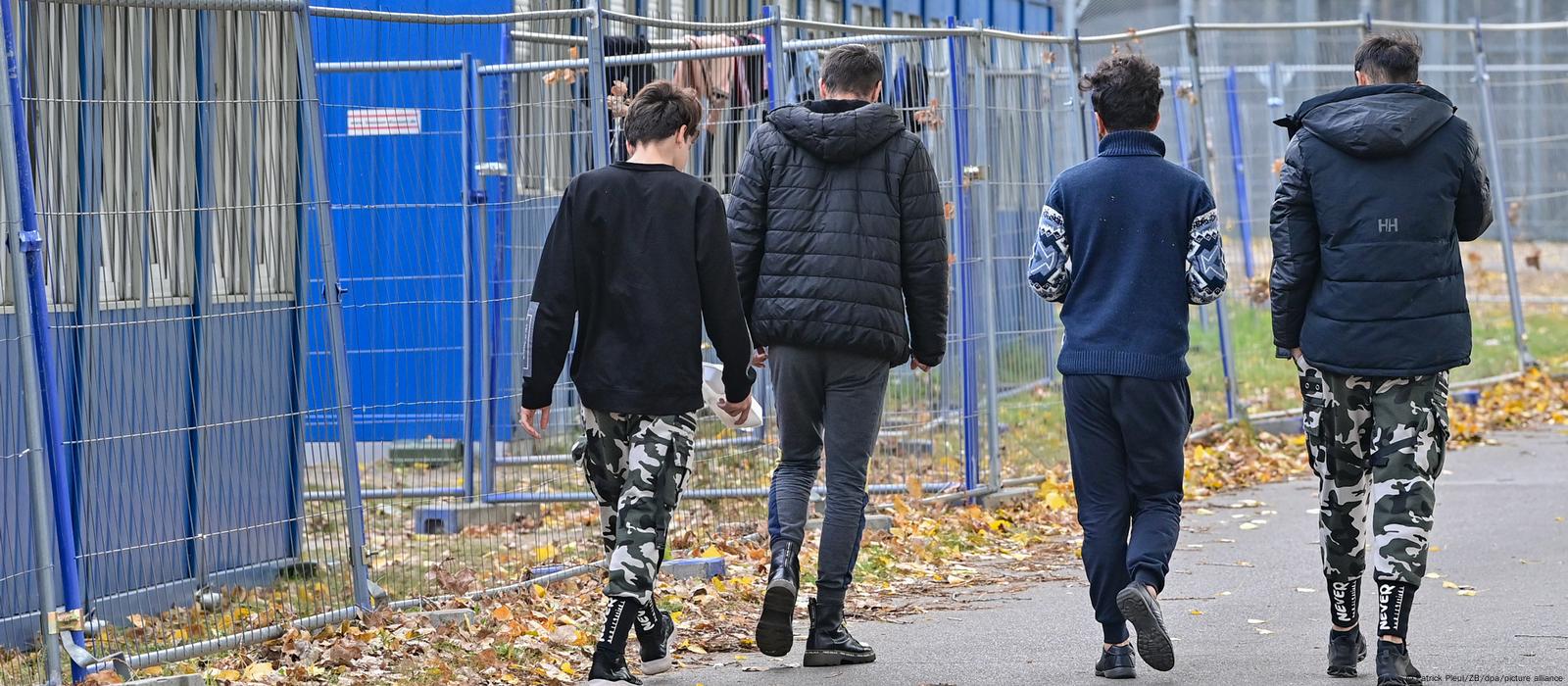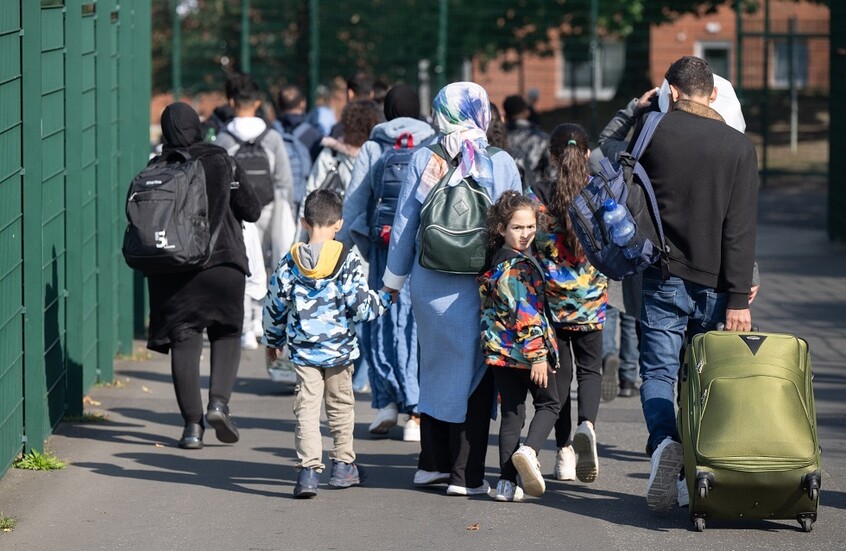
The French Office for the Protection of Refugees and Stateless Persons (Ofpra) announced that it had received “142,500 applications for international protection, including 123,400 asylum applications for the first time” during the year 2023, which represents an unprecedented increase in the number of asylum applications in France.
Afghans represented the largest number of asylum seekers on French soil last year, followed by Bangladesh, Turkey, the Democratic Republic of Congo, then Guinea.
Media outlets indicated that the number of asylum applications in France rose during 2023 reached an unprecedented level, as 142,500 applications were submitted during the past year, which is the highest level ever recorded in the country, according to what Ofpra announced, in a tense political context regarding immigration.
The Ofpra, which is the body responsible for granting refugee status to people, said: “In the year 2023, about 142,500 applications for international protection were received in Ofpra, including 123,400 asylum applications for the first time.” Pointing out that the increase is estimated at 8%, which is a lower percentage than the European average, which amounts to between 15 and 20%.
The head of Ofpra, Julien Boucher, said in press statements, “This increase (8%) is not limited to France only, but rather falls within a European context and is still much lower than the European average, which ranges between 15 and 20%.”
This increase is particularly noticeable in Germany, which recorded about 351,000 applications in 2023, an increase of 51% compared to 2022, according to Ofpra.
More than 110 million people were forcibly displaced around the world by mid-2023, according to the United Nations, whether due to armed conflicts, as is the case in Ukraine, natural disasters such as drought and floods, or even humanitarian crises such as the crisis in Afghanistan.
The percentage of protection provided by Ofpra, i.e. the percentage of applications that are accepted, rose to 33% in 2023, an increase of four percent compared to 2022.
It is noteworthy that the French Constitutional Council rejected more than a third of the provisions contained in the controversial immigration bill that was adopted under pressure from the extreme right. While human rights organizations welcomed the ruling as a “victory,” the right-wing powers described it as a “coup by the judiciary.”
French media reported that the provisions rejected by the Council on January 25 included those related to reducing social benefits and family unification, in addition to imposing a special immigration quota system to be determined by Parliament.
It is noteworthy that this project was approved under pressure from the extreme right. The Council supported the remaining provisions of the law initially proposed by the government of President Emmanuel Macron, but denounced the additions that came under pressure from the right and the extreme right.
Tens of thousands demonstrated in several cities in France to protest the controversial immigration law and demanded its withdrawal, amid criticism of the law that it adopts many far-right ideas.

